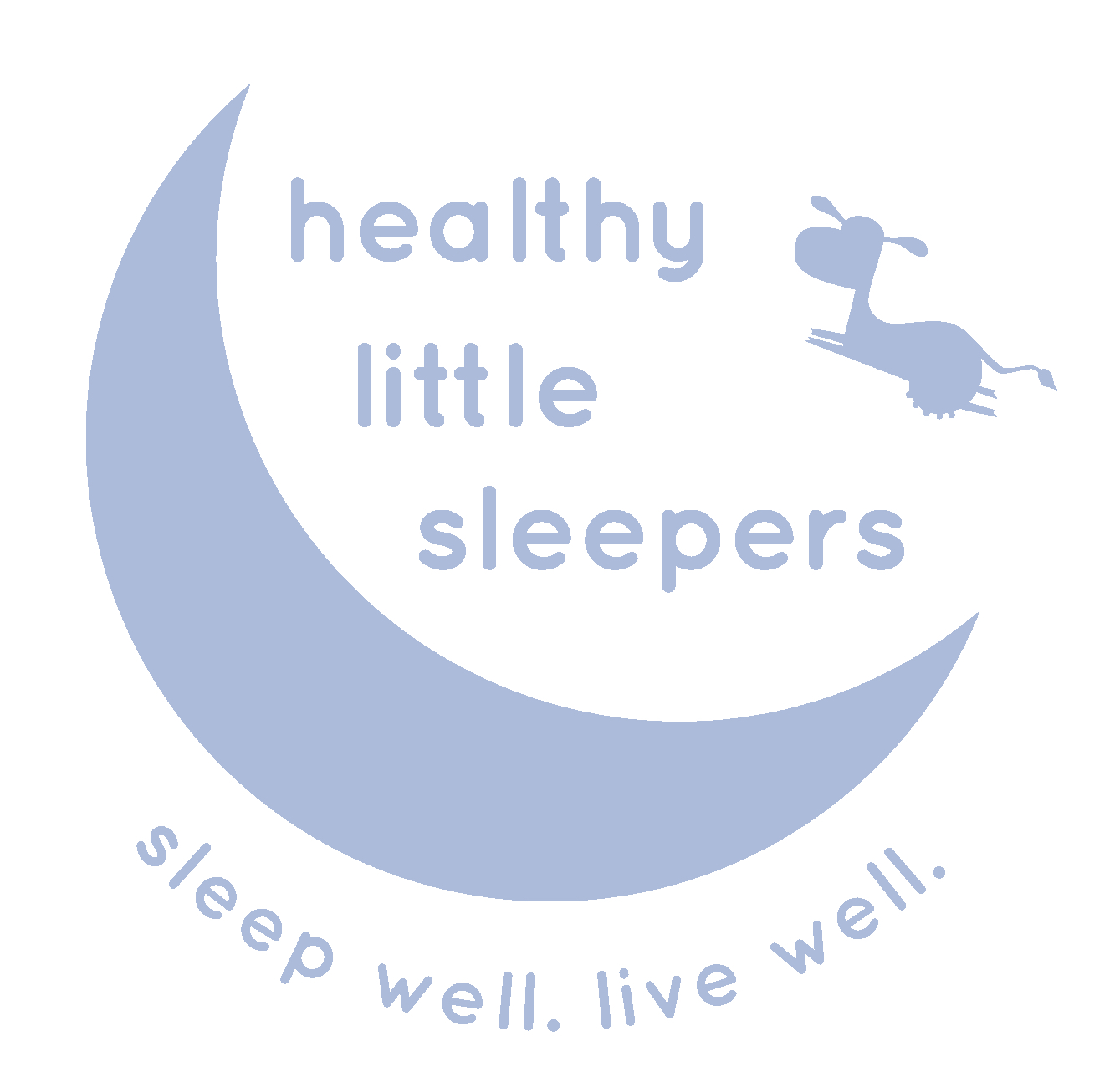Is white noise good for babies?
You’ve got your bedtime routine down pat: diaper changed, baby swaddled, lights off, and white noise machine on. But, is that white noise machine actually good for baby?
At Healthy Little Sleepers, we’re huge fans of using all of our natural tools and resources to help positively shape your little one’s sleep – and understanding the best way to use white noise is one of them.
I recently had the privilege of talking with Dr. April Benasich, a Professor of Developmental Cognitive Neuroscience and the first to show that the ability to hear acoustic discriminations in early infancy is highly predictive of later language development.
The first year of life is a critical developmental period for language. And during sleep, babies continue to make connections that support language acquisition and processing. (Pretty cool, huh?)
You might be thinking… What does this have to do with white noise? There’s been a lot of recent talk over whether static white noise helps or hinders baby’s language development because it lacks acoustic variation during sleep.
Here’s what you should know…
Benefits of white noise machines for baby
Pure static white noise is often recommended for baby sleep. I also used static noise all night long with my kiddos when they were babies.
White noise is great for three reasons:
It’s a great sleep cue
It helps drown out house noises that may wake baby up too soon, and
It can really help calm a fussy baby in those dire moments!
Some people say white noise mimics the sound of the womb and that’s why it works so well to calm baby. And that does make sense, but there hasn’t been any real research done to back that claim.
The American Academy of Pediatrics says that to keep white noise safe for baby, it shouldn’t be louder than 50 decibels. (Some resources will say to keep the white noise under 80 decibels, but personally, I’d keep it on the lower end.)
Is there a better option?
During sleep, static white noise alone actually lacks the auditory variation the infant brain requires to continue to build their language networks. This can be seen below when comparing white noise to soundscapes with more acoustic variation. (See white paper for more details.) While baby is sleeping and making those language connections, there’s potentially missed “opportunities” for them to continue to develop their language in their sleep.
So… Does white noise cause a language delay?
No. This is not causal. MANY families have and continue to use white noise without language delay. However, what I do want you to know is babies that are at greater risk for a POTENTIAL delay [key word here, potential] are those that are more susceptible, such as little ones born pre-term, or have a family history of autism, adhd, or other neurodivergent condition.
There are noise machines that offer the extra benefit of firing off natural acoustic sounds that help with language development.
The verdict
What would I recommend? Ideally, if you’re going to use static white noise (this is my fav), I’d keep it at 50 decibels coupled with acoustic sleep sequences that promote language development or have some other acoustic variation happening (this is my fav).
And if you have a regular white noise machine already, and you don’t think there’s any real potential for your little to have a language delay – you can keep using it.
And if you have a family history of ADHD, autism or another neurodivergent condition, I’d use this one alone.
So, if sleep isn’t coming together, with or without a white noise machine, we can help! Our team would be more than happy to go over connections between sleep and development and help you find the sleep aids that are right for your baby.
Schedule a FREE 15-minute phone consultation with me or someone else on the HLS team now!


